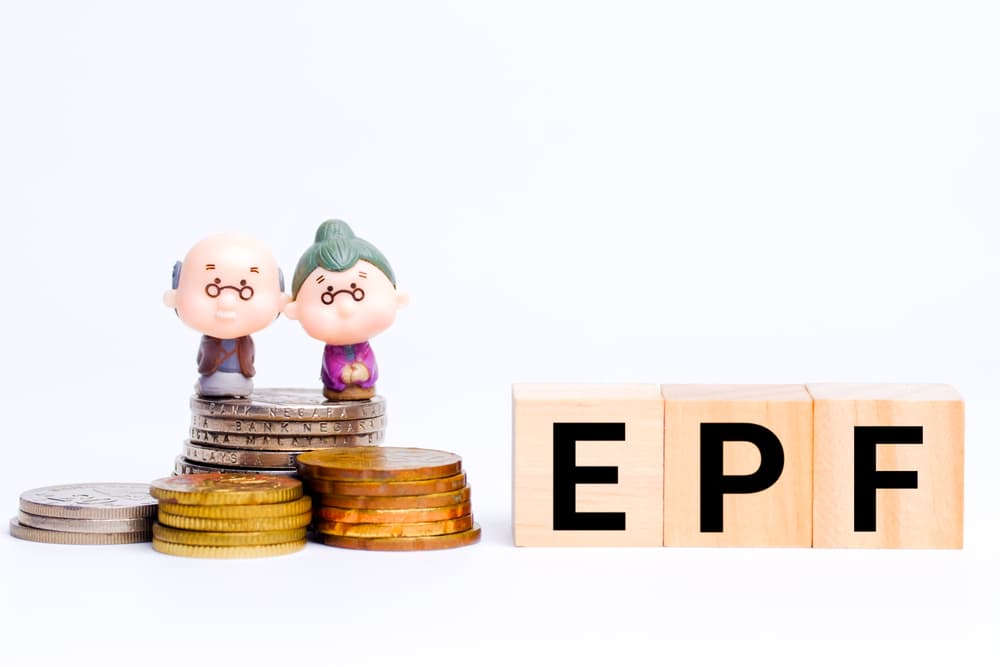EPS is one of the safest retirement planning instruments available for employees. Employee and employer both have to contribute 12 per cent of the basic salary plus dearness allowance towards the EPF, wherein the employer’s 8.33 per cent is allocated to EPS, and 3.67 per cent goes to EPF. As only the employer’s contribution goes to EPS, it enhances the attractiveness for the employees. Only employees’ contributions to the EPF are eligible for tax deduction benefits u/s 80C.
So, overall, EPS can be a very attractive option for investors planning pensions for their retirement. However, the question remains: is the pension amount received through EPS enough for retirement? Let’s find out the answer.
ALSO READ: How Can Senior Citizens Benefit From Bima Sugam Insurance Portal?
Why Should You Invest In Additional Pension Plans Over And Above Your EPS Investment?
Choosing other pension plans along with EPS can allow you to diversify your portfolio. Depending on your age, you may take an adequate level of risk to earn a higher return than the EPS. When you choose your pension plan, you can also earn a decent return on it. For example, if you start investing at a young age, you can take a high risk and earn a high return on your investment. As your age increases and you get closer to retirement age, you can switch to low-risk investment. Thus, you can build a bigger size corpus for your retirement pension. Also, the EPS consist of only the employer’s contribution amount, so its pension may not be sufficient for you to meet your retirement expenses.
EPS doesn’t factor in inflation during the period; thus, it may fall short of meeting your retirement needs. You must consider some additional pension-related investments that can help you match with the inflation rate.
ALSO READ: Sovereign Gold Bond Scheme 2023-24 Series IV: Last Date Of Subscription Feb 16, Know Details
What Should You Do?
You should include some market-linked products depending on your age to beat inflation and meet your expenses after retirement. For example, when you start investing early in your career, you can invest in equity instruments, such as equity mutual funds. Gradually, you may shift to low-risk debt options over a period. At retirement, you can use the accumulated funds to purchase an appropriate annuity for pension or invest the funds in instruments that offer regular income.
The author is an independent financial journalist.




